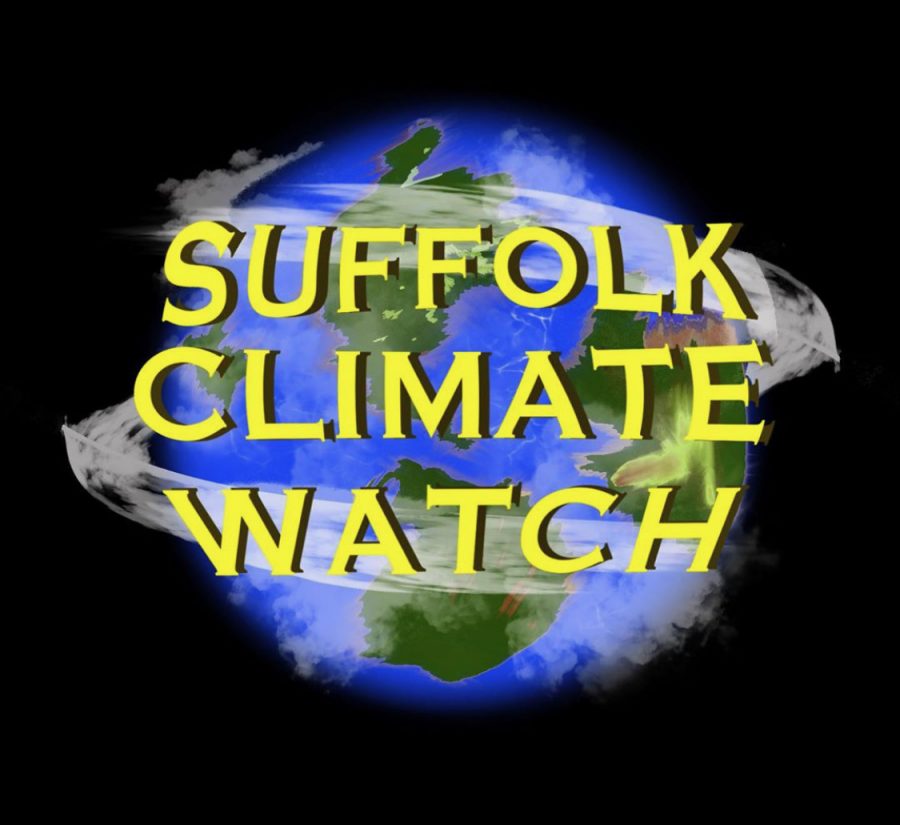The east coast experienced extreme flooding in the summer of 2021 due to Hurricane Ida and many researchers believe climate change will make these extreme weather events more unpredictable in the near future.
Cities such as Boston, New York and Philadelphia encountered the extreme effects of Ida, with many staircases, tunnels and train tracks becoming submerged. According to the Associated Press, the country’s busiest rail line, Amtrak’s Northeast Corridor, was shut down entirely on Sept. 2.
The hurricane quickly became categorized as a category 4 storm, leading many to question how much the climate crisis is affecting hurricanes in the Atlantic Ocean. According to The New York Times, research shows that storms are changing due to climate change.
“It’s very likely that human caused climate change contributed to that anonymously warm ocean,” climate scientist James P. Kossin told The New York Times. “Climate change is making it more likely for hurricanes to behave in certain ways.”
The Atlantic Ocean has been experiencing abnormally warm surface temperatures, which has fueled this storm activity. According to The New York Times, warmer surface temperatures allow for more energy for storms, creating stronger winds. This can lead to damaged property and downed power lines.
According to The Associated Press, the Boston area has already started preparing for how climate change will affect the Massachusetts Bay Transportation Authority’s Blue Line due to its location under the Boston Harbor. MBTA Spokesperson Joe Pesaturo said federal funding is being sought after in order to build a seawall to prevent flooding along the Blue Line.
As Boston looks to find approaches against climate change, Lori Mitchener, a Suffolk adjunct professor in the Center for Urban Ecology and Sustainability, explained these new solutions must also come from an ecological standpoint.
“The issue demands an integrated approach with sustainability at the forefront,” said Mithener. “A common practice in coastal communities is shoreline hardening, or shoreline armoring to prevent erosion, in an attempt to control natural processes in the built environment.”
In addition to powerful winds, research shows that higher amounts of rain will likely occur, according to The New York Times. Because of current warming, the atmosphere can hold higher amounts of water vapor.
All over the world, there are various water systems in place to mitigate flooding, according to The Associated Press. In 2006, Tokyo created an underground system that redirects water into large chambers and Copenhagen established the 2019 City Line Circle, which includes extensive flood gates.
Although cities like Boston are looking to fund climate change projects, many areas are behind on proper funding, according to The Associated Press. Boston, for instance, is still struggling with budget shortfalls because the MBTA has yet to see pre-pandemic ridership levels return.
“A balance must be made between the safety of commuters, the use of public transportation in ecologically sensitive areas and the rights of species other than humans if Boston truly wants to embrace sustainability,” said Mitchener.












